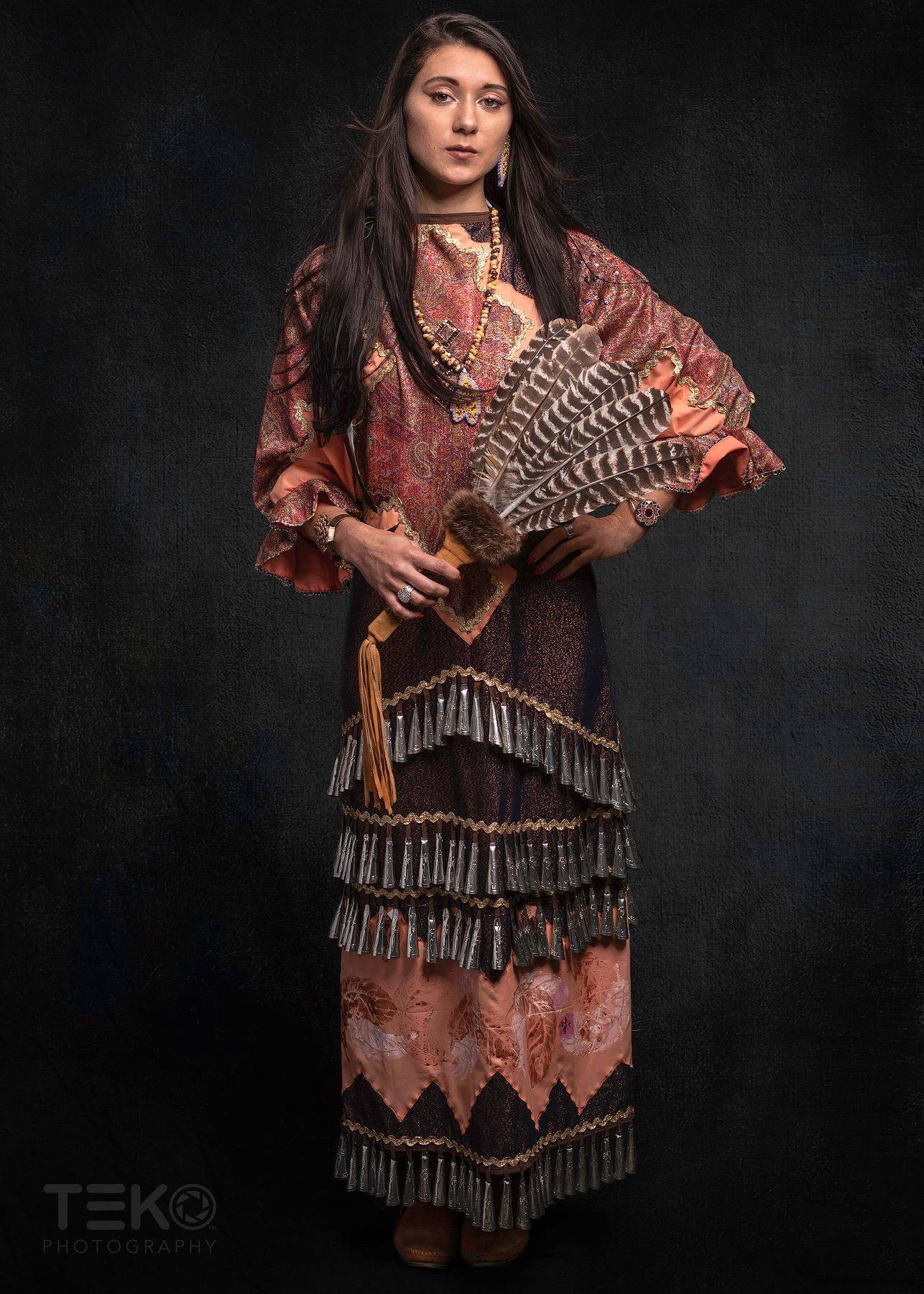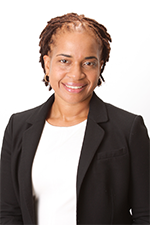With Aminah Sané Ghaffar

This program will focus on the ideology of Indigenous medicine from a Native American perspective. You will have a chance to experience the healing power of the Jingle Dress Dance, which is a traditional healing dance that originated from the Ojibwa/Anishinabe tribe. Through storytelling, traditional dance, singing, and drumming, experience the realignment of mind, body, and spirit.
Traditional Native American remedies have been either diluted by mainstream culture or completely rejected or ignored in the conventional medical system. The vast majority of the medicines used today are a direct product of some Indigneous concept. This talk will explore the origins of traditional Indigenous medicines, and how to use them properly and respectfully in your daily lives.
The Jingle dress dance was developed by the medicine people of the Ojibwa tribe to heal the sick granddaughter of the Chief. The dresses are not costumes, they are traditional regalia that are one of a kind and have a unique connection and meaning to the wearers. The sound of the tin jingles that cascade down the dress make the sound of rain coming down on a tin roof. The jingle dress dance is one of the most common powwow dances and is revered in the Indigenous community.
Our programs are open to the community, and tailored to meet the needs of people affected by cancer. Classes and workshops are free or low cost on a pay-as-you-can basis, ensuring that our programs are accessible to everyone.
Suggested donation: $15
About Aminah Sané Ghaffar

Aminah Sané Ghaffar is a Lumbee and African American woman from Pembroke, NC. She is a B.S. in Biology from East Carolina University where she also ran track and field and holds the school record for the heptathlon. She earned a Masters from Georgetown University in Physiology and Biophysics with a concentration in Complementary and Alternative Medicine, and a recipient of the Hoyas for Science Scholarship. She is an Indigenous rights activist and has spoken at the Women’s March in Annapolis, MD in honor of Missing and Murdered Indigneous Women. She is a two-time panelist at the Shifting the Paradigm Back to Humanity Conference, and has aspirations to attend medical school to serve underserved populations on Native American reservations.



